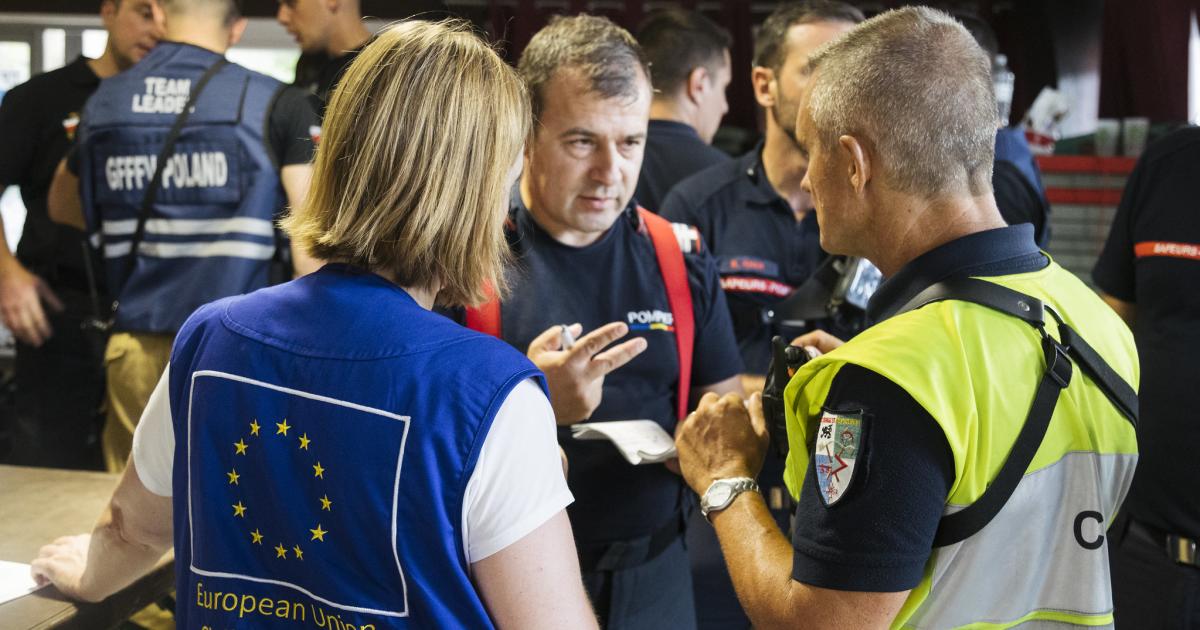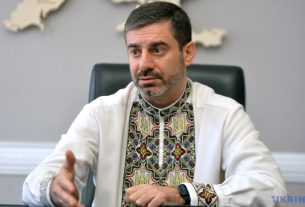Today, the European Commission proposed to update the Regulation of the EU Civil Protection Mechanism (UCPM), integrating the financing for health emergency preparedness and response, to ensure a comprehensive and integrated EU response to crises. As one of the first deliverables under the EU Preparedness Union Strategy, the new Regulation will enhance EU support and solidarity through the UCPM and health emergency preparedness and response.
The new Regulation proposes to allocate around EUR 11 billion in common funding for civil protection and health emergency preparedness threats. It introduces an enhanced civil protection framework designed to improve coordination across various sectors, including strengthened civil-military cooperation. The Regulation allocates funding to address health threats, focusing on areas such as improved availability and accessibility of medical countermeasures. This new approach will enable more effective and efficient responses to Europe’s evolving landscape of risks and threats.
The proposed Regulation brings 3 key innovations:
- Establishing a Crisis Coordination Hub building on the existing Emergency Response Coordination Centre (ERCC) to improve anticipation, monitoring and response to complex crises, such as the COVID-19 pandemic or Russia’s war of aggression in Ukraine.
- Strengthening health emergency preparedness and response to boost the Union’s capacity to detect, monitor, and combat cross-border health threats, including pandemics and non-communicable diseases. This is also achieved by reinforcing funding, for example for surveillance, medical stockpiles and procurement, stepping up EU-level capabilities in times of crises, in close coordination with Member States.
- Reinforcing national capacity building and stakeholder engagement. As part of the EU Civil Protection Knowledge Network, engagement and closer cooperation with key stakeholders, such as population, volunteers, private and military sectors, will be fostered ensuring a more inclusive approach to crisis management through joint trainings and exercises.
Today’s update builds on the successes of the existing UCPM and EU4Health Programme, while reinforcing its role in supporting, coordinating, and complementing Member States’ efforts in crises management. The Commission continues to play a supporting role in civil protection and health emergencies, while Member States retain primary responsibility for preventing, preparing for, and responding to crises. The mechanism will therefore enhance EU-wide resilience while respecting national sovereignty and decision-making frameworks.
Hadja Lahbib, Commissioner for Equality, Preparedness and Crisis Management
“We are reinforcing our EU Civil Protection Mechanism (UCPM), our protective shield in times of emergency. […] Requests for assistance have gone up over ten times since the UCPM started in the early 2000’s, and requests spiked during COVID-19 and the war in Ukraine. We respond not only in Europe, but across the world, and for many different types of crises. Today our UCPM is more important than ever, and that is why we are making it even stronger.”
Background
In October 2001, the European Commission established a civil protection mechanism, initially known as the Community Mechanism for Civil Protection. Today operating as the EU Civil Protection Mechanism (UCPM), it aims to strengthen civil protection cooperation between the EU countries and participating states to improve prevention, preparedness, and response to disasters.
In addition to the EU Member States, there are 10 more states that participate in the EU Civil Protection Mechanism: Albania, Bosnia and Herzegovina, Iceland, Moldova, Montenegro, North Macedonia, Norway, Serbia, Türkiye, and Ukraine. The Commission plays a key role in coordinating the disaster response and contributing to the transport and/or operational costs of deployments.
Since its launch in 2001, the EU Civil Protection Mechanism has responded to over 800 requests for assistance both inside and outside the EU. In recent years, the number of UCPM activations have increased, and so it is expected that national systems for managing disasters and crises will continue to face strain in the future. Anticipation, foresight, capacity development and the integration of health emergencies in the UCPM are essential for preparing the EU to face these challenges in the future.
EU4Health is a significant health program initiated by the European Union to strengthen health systems across Member States and enhance cooperation in response to health crises. It was established in the context of the COVID-19 pandemic, which exposed vulnerabilities and fragmentation in healthcare systems across Europe. In the future Multiannual Financial Framework (MFF), part of the health emergency preparedness and response activities currently funded under EU4Health will be financed through the same new instrument as the EU Civil Protection Mechanism (UCPM), enabling more targeted and rapid responses.
For more information
Proposal to update the Regulation of the EU Civil Protection Mechanism (UCPM)



